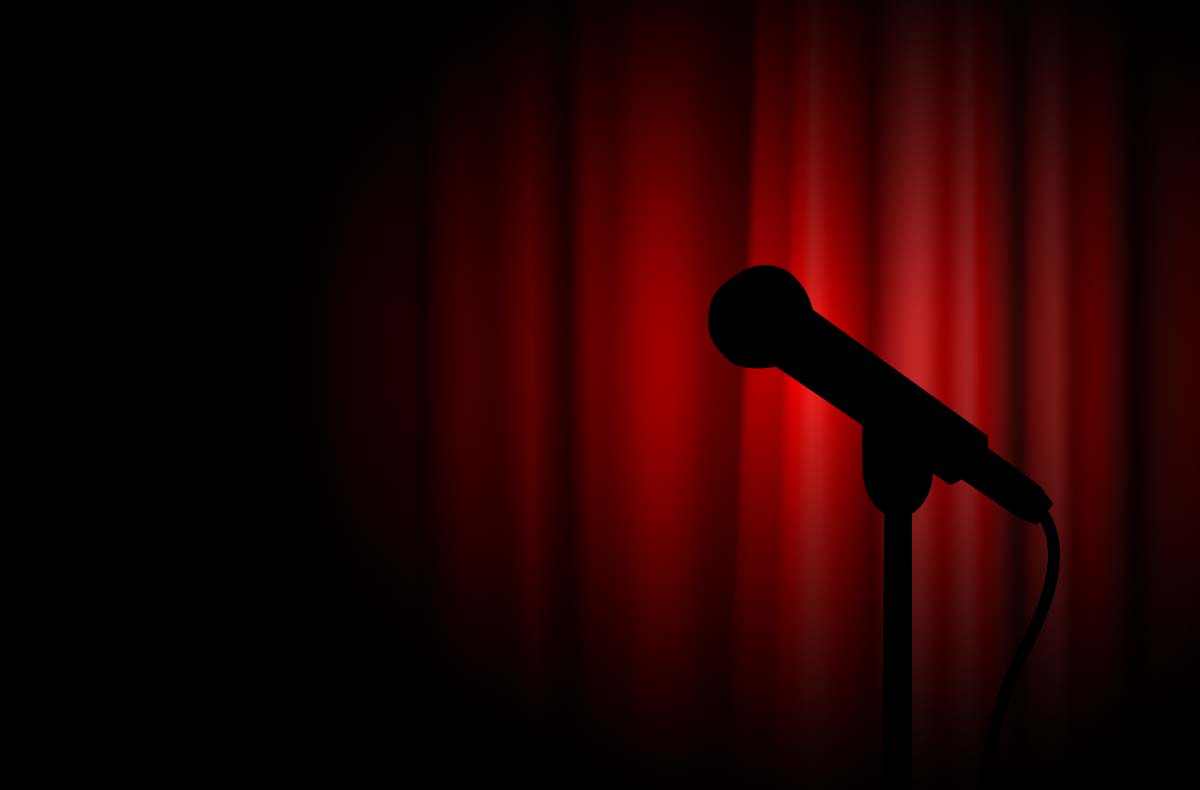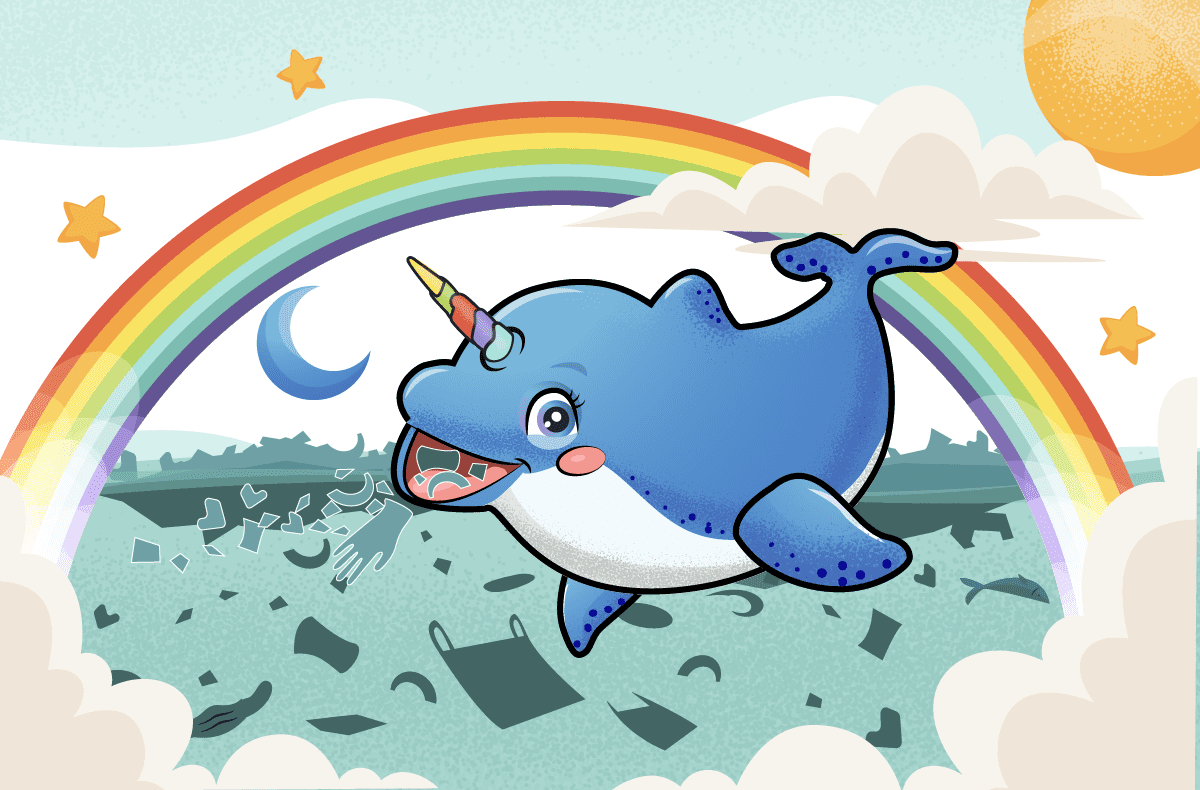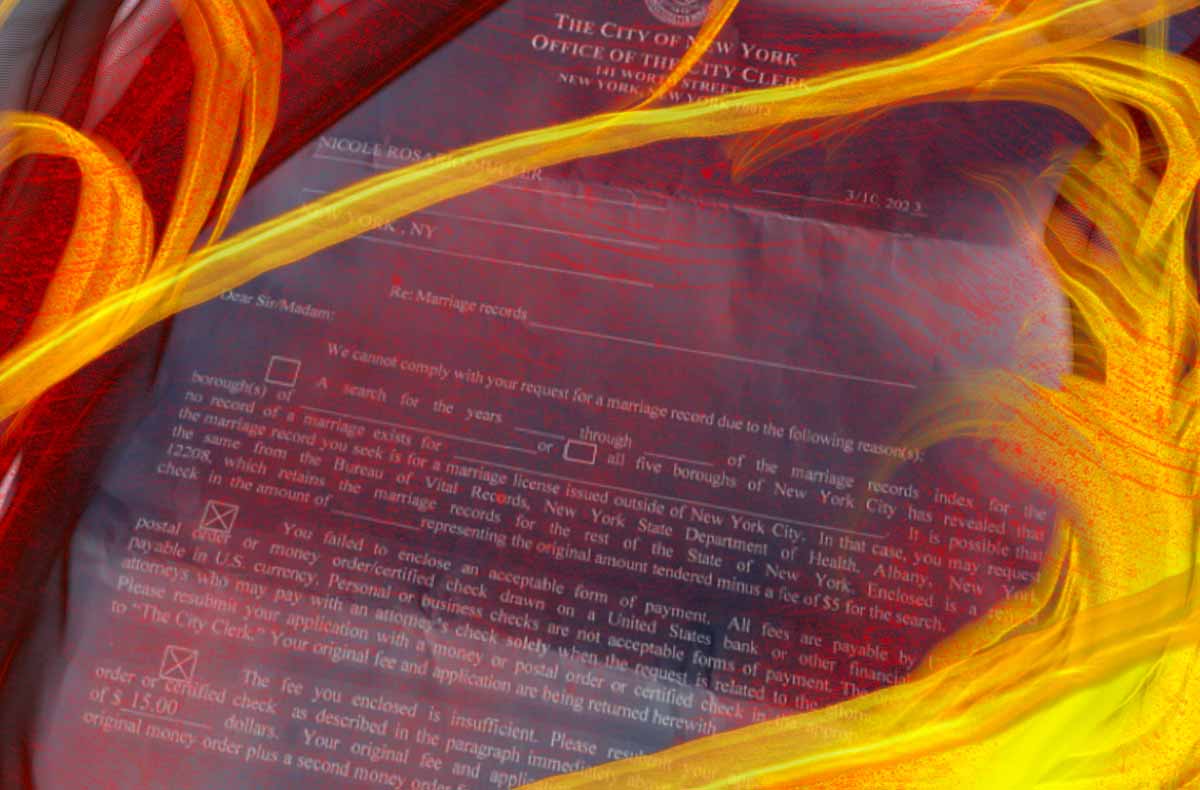
In his article on the Salman Rushdie attack, Kunwar Khuldune Shadid investigated the bigger question of the “freedom to offend” in our society. In his piece, Kunwar notes that any censorship from ideological extremes—whether it be Muslim extremeist attacks or the cancel culture of the “woke mob”’—threaten personal liberties.
Personally, I’m not so sold on the idea that there’s a 1:1 relationship between religiously motivated (attempted) murder and Twitter users recommending folks not give an already rich author money because she doubled down on saying some shitty things; I also think the term “woke mob” is often used to silence very valid cultural critiques. That said, I still can appreciate Kunwar’s point. In my casual observations, it does seem like people in general are getting a whole lot less tolerant and more extreme in every ideological direction, which has a chilling effect on free expression. This trend is unsettling for any professional “expressor”—namely the artist, writer, or creator—but is especially disturbing to my people: the comedians.
As a semi-retired comic—mostly because I like going to sleep at 11PM and therefore haven’t diligently sought out mics and where to get up in NYC—I’m used to treading the fine line between humor and offense. And like most comedians, I’ve surely stepped over it many times. Comedy relies on pushing up against social norms, which by definition requires running contrary to the acceptable and inoffensive. The whole engine of comedy comes from drawing on the familiar and making it weird by subverting the audience’s expectations. This can be done in little innocuous ways (i.e. “I just flew in from New York and boy are my arms tired”—you thought I flew on a plane, but I flew like a bird, silly me!) or bolder, subversive ways (the classic “I was [explicit sex act]ing the other day and I thought, my God, I’m turning into my mother!”).
The comedian skewers life as we know it, allowing us some space to turn a critical eye to our own assumptions—and the space in which to laugh about it. But we can do none of that if there’s no space given.
Which brings us back to the right to offend.
This is so tricky for me. Tricky, because my comedian side says, “fuck ‘em if they can’t take a joke,” but my ethical side says, “it’s important to be respectful of everyone’s feelings, and you occupy a space of privilege.” (No surprise, the devil on my shoulder is a comic. And she’s the funny one. While an important part of ensuring a functional society, when was being respectful ever fun?)
My personal ethos places me smack in the middle of this debate—I’m definitely a fan of free speech/“freedom from religion,” but also like not making other people deliberately miserable, and believe in empathy and respect for others. I’m one of the dying breed of “moderates” that still exist in the world.
That said, I do think we need to err on the side of freedom. One of the things I enjoy about New Thinking is how we strive to include a range of perspectives, which means I get exposed to all kinds of opinions—many of which do not match with my own. Having a diversity of perspectives is good, both for individuals and for societies. The friction of different views against our own either challenges us to alter where we stand, or reinforces why we stand there. It’s okay not to agree with someone, but that doesn’t mean you should tell them to shut up—or that you should stop listening.
However, just because you have the freedom to say anything doesn’t really mean you should. I will always defend anyone’s right to their opinion—provided it doesn’t infringe on any other person’s individual freedoms. But that also doesn’t mean I don’t think those people are assholes.
Returning to comedy, let’s consider Dave Chappelle. Many are deeply unhappy with him, as he’s aligned himself in the TERF camp of JK Rowling with delight, because he loves to stir the pot. Last May, he was attacked live on stage during a show (by someone who claims to have been “triggered” by his controversial act) and Netflix was dogged over refusing to take down his special, The Closer. Do I agree with Chappelle? No. Do I think a lot of his jokes are in poor taste? Completely. Do I think he deserves to be attacked, or censored? Also no.
Of course, there are plenty out there who don’t agree with me on this. But this happens to be the same position Netflix’s Co-CEO Ted Sarandos dug in his heels into while facing outcry from both the public and his own staff. Ultimately he refused to take the special down, citing the platform’s efforts to “increase diversity” in programming and naming a number of LGBTQ-friendly “companion” pieces that might offer a counterpoint to Chappelle.
In a scathing rebuttal of his claims, Hannah Gadsby—the wildly popular, openly lesbian Netflix-produced comic who was also named in Sarandos’ missive as one of these “companions”—rejected the platform as “an amoral algorithm cult,” saying, “Now I have to deal with even more of the hate and anger that Dave Chapelle’s fans like to unleash on me every time Dave gets 20 million dollars to process his emotionally stunted partial world view.” (I couldn’t find precise figures, but I have a sneaking suspicion that Gadby was not paid $20 million for her brilliant Netflix special, Nanette.)
Gadsby’s frustration was well-warranted: it’s a bit cheap to tokenize talent as Sarandos did, and there’s no question that, in large part, their decision to produce Chappelle was motivated by money, not some clear-minded commitment to free speech. Even so, I still appreciate how Netflix’s approach to the scandal was, like our magazine’s policy, additive: instead of subtracting voices from the conversation—or censoring Chappelle—they aimed to add voices. You can’t have a dialogue if you’re just silencing those you disagree with. I understand that’s hard to appreciate when your feelings are hurt, but if we just start muting anyone who upsets us, pretty soon you’ll just have a world that’s entirely silent. Instead, I’d love to see more people trying to engage. To talk back. To discuss. Because comedy in its finest moments is about provoking thought and discussion.
As much as I’ll defend a comedian’s right to push boundaries and “poke the bear,” I do have a line that I’m not willing to cross. Several years ago, I was called in to perform a bit on national television where I was asked to parody a form of Native throat singing. My first reaction as an LA actor was “you don’t say no to paid work,” but reading over the script, I found myself feeling sick to my stomach. Did I really want to associate myself with that kind of humor? This would be something a lot of people would see—and it wasn’t something I would be proud of doing. So I turned it down. Making fun of someone else’s culture—especially from my place of white privilege—just felt wrong. And not funny. And I didn’t want to be an asshole.
The long and the short of it is: no matter what you say, someone is going to get offended. And that’s a good thing—it means we live on a complex, diverse planet filled with millions of people with countless different opinions. So to maintain free speech in such a variegated world, we really do have to exercise more tolerance with everyone. What we can—and should do—is take responsibility for what we say and who we offend and engage with each other. If you don’t agree with me, that’s your right. Let’s talk about it. Maybe I’ll change my mind, maybe you’ll change yours, or maybe we’ll just respectfully agree to disagree. But at least we’ll both be heard.



